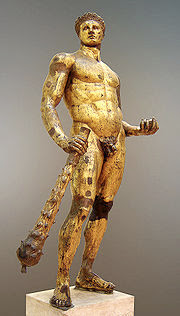
- "This is a most unfortunate affair; and will probably be much talked of. But we must stem the tide of malice, and pour into the wounded bosoms of each other, the balm of sisterly consolation." (p. 193)
One of the underlying themes in
Pride and Prejudice is the importance of family. Situations that only
some of the Bennet's experienced reflected on the family as a whole. Mrs. Bennet was often rude, while Lydia was known for her immaturity and flirtatious side. These flaws in Mrs. Bennet and Lydia impacted Elizabeth's and Jane's reputation and affected their opportunities. Society associated the entire family with
one family member's actions. For instance, when Lydia married an unworthy man, the entire Bennet family was a disgrace. However, when Jane and Elizabeth married into wealth and class, the entire Bennet family was respected. Although the members of the Bennet family were sometimes embarrassing - there was no escape - Jane Austen emphasized the strong, consistent bond between the Bennet sisters. Another case of the importance of family previously seen in literature this year was in
Great Expectations. Pip finally realized that wealth and social class didn't create happiness, it was loyal family relations.
Work Cited:
"Pride and Prejudice."
Shmoop. Web. 14 Mar. 2010. http://www.shmoop.com/pride-and-prejudice/family-theme.html.
Photo Credit:
Family Studies.
UCR Office of Research. Web. 14 Mar. 2010. http://or.ucr.edu/images/pictures/centers/FamilyStudies.jpg.



































